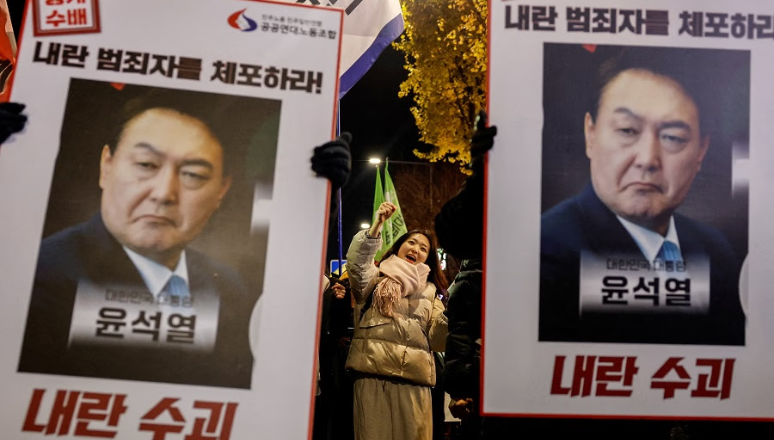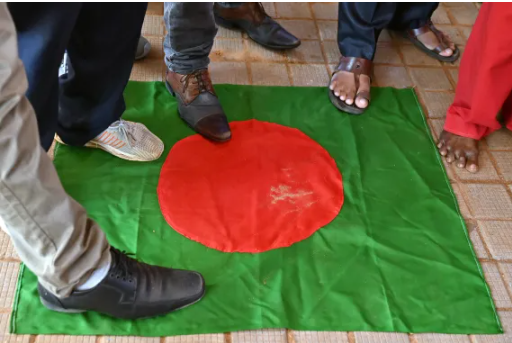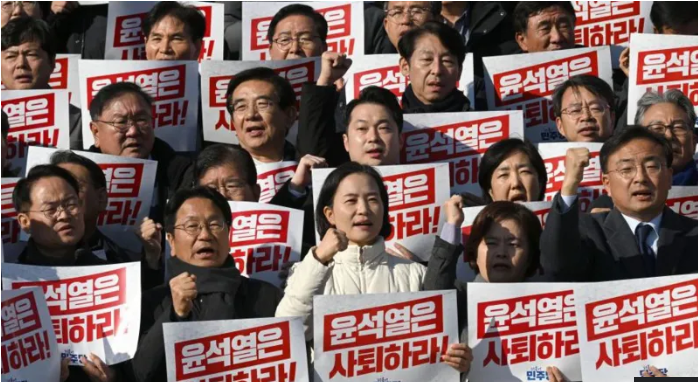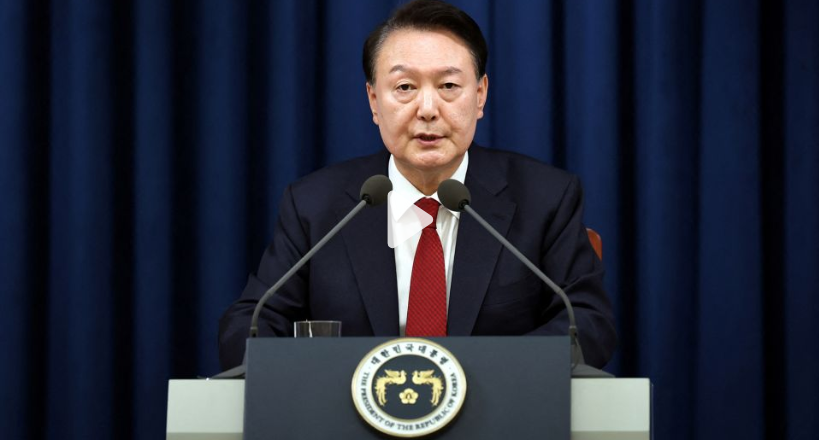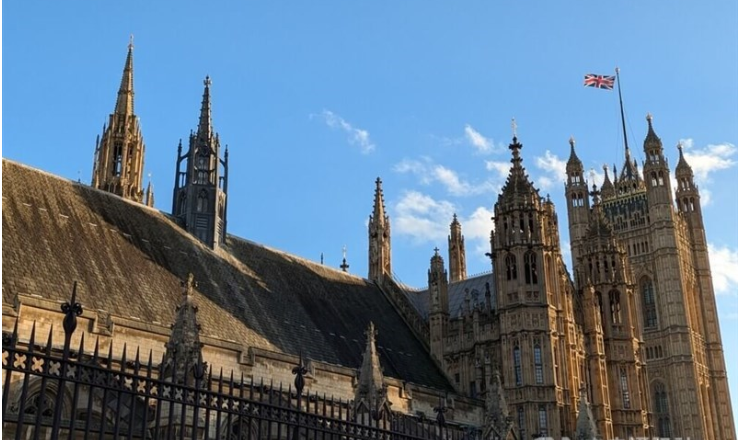The geopolitical ramifications of South Korea’s emergency martial law unrest throughout East Asia
As South Korea continues to be mired in political crisis following President Yoon Suk-yeolŌĆÖs declaration and withdrawal of emergency martial law, academic Hao Nan analyses the impact on South KoreaŌĆÖs neighbours and partners. He thinks that for China, the opportunity to exploit divisions among US allies will be too significant to ignore.South Korea is once again in the global spotlight, not for its technological advancements or cultural exports, but for political instability that many believed was a relic of its past.
On 3 December 2024, President Yoon Suk-yeol declared emergency martial law ŌĆö the first such move in 44 years ŌĆö only for the decision to be overturned within hours by the National Assembly. While South Korea has weathered political storms before, this event marks a concerni

